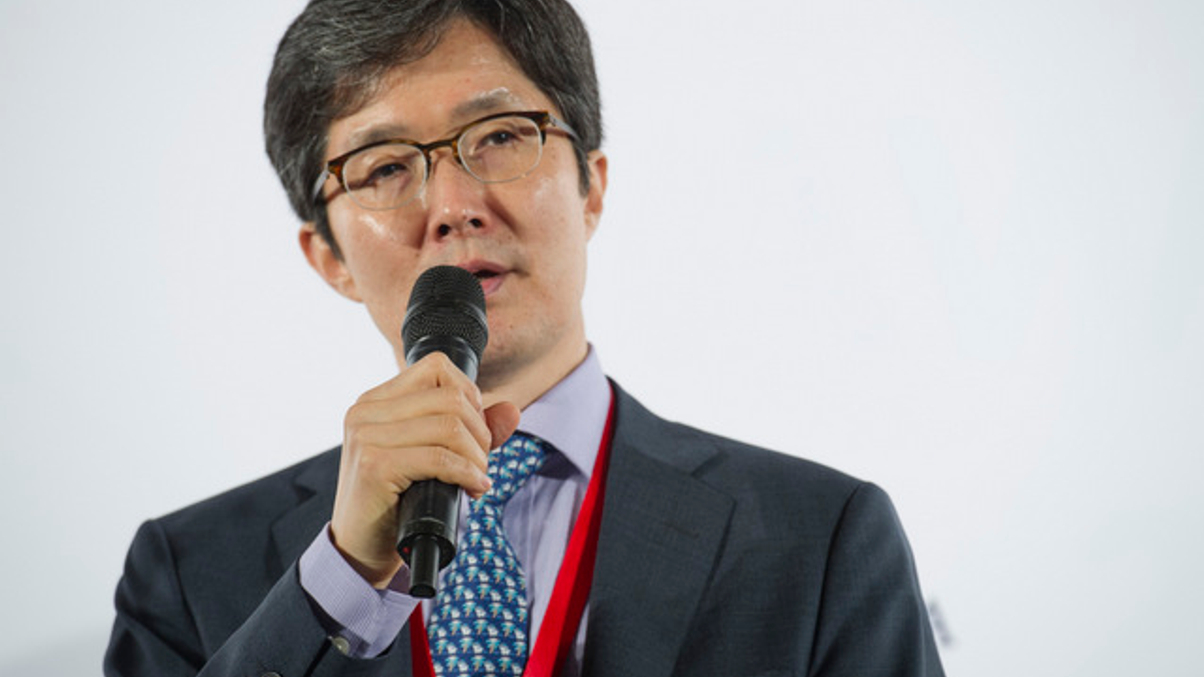Why Poba chose seven PE firms for new mandates
The Korean pension fund has just allocated $320 million to seven private equity managers. CIO Jang Dong-Hun tells AsianInvestor why they were chosen.

Korea's Public Officials Benefit Association (Poba) has revealed why it awarded private equity investment mandates totaling $320 million to seven general partners (GPs) last week, as part of its efforts to diversify its investments and improve returns.
Sign in to read on!
Registered users get 2 free articles in 30 days.
Subscribers have full unlimited access to AsianInvestor
Not signed up? New users get 2 free articles per month, plus a 7-day unlimited free trial.
¬ Haymarket Media Limited. All rights reserved.


